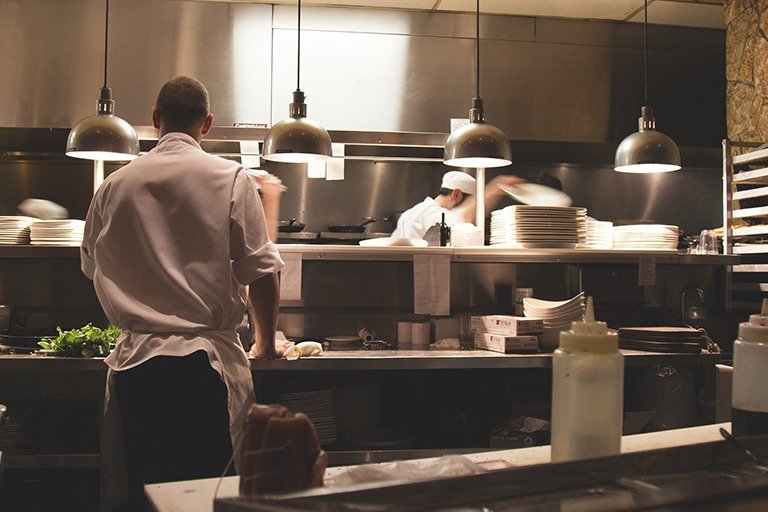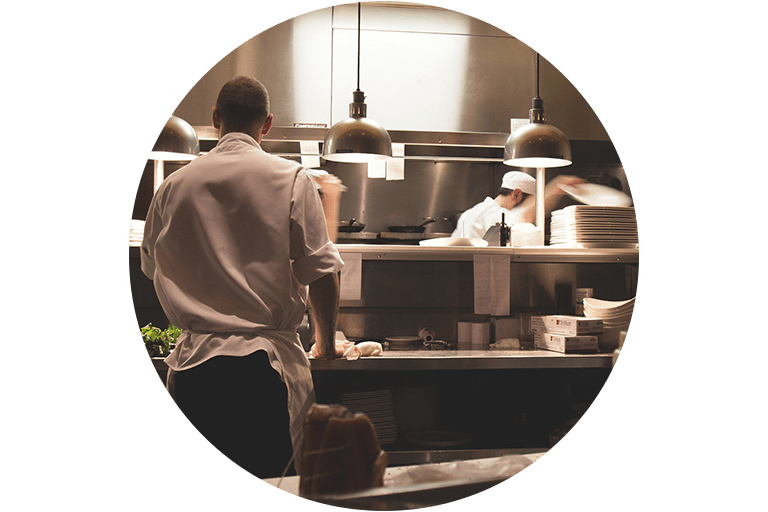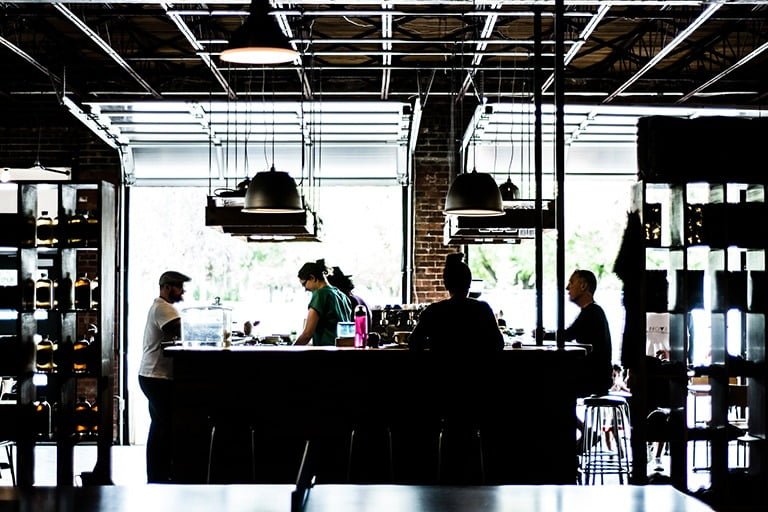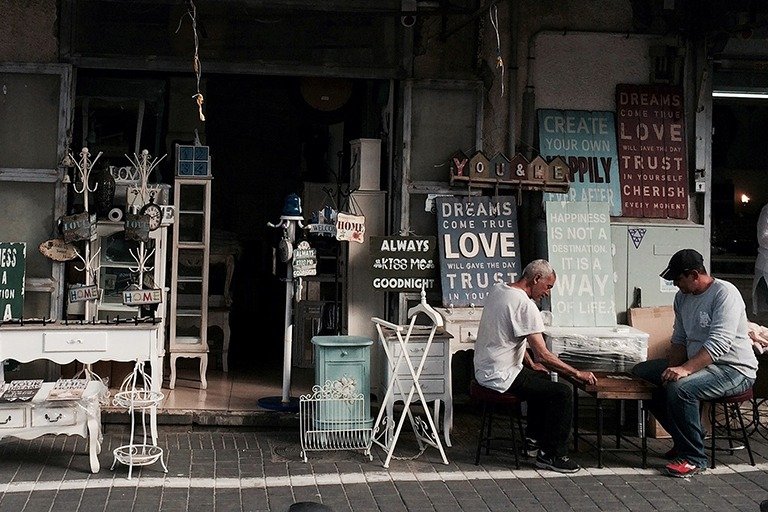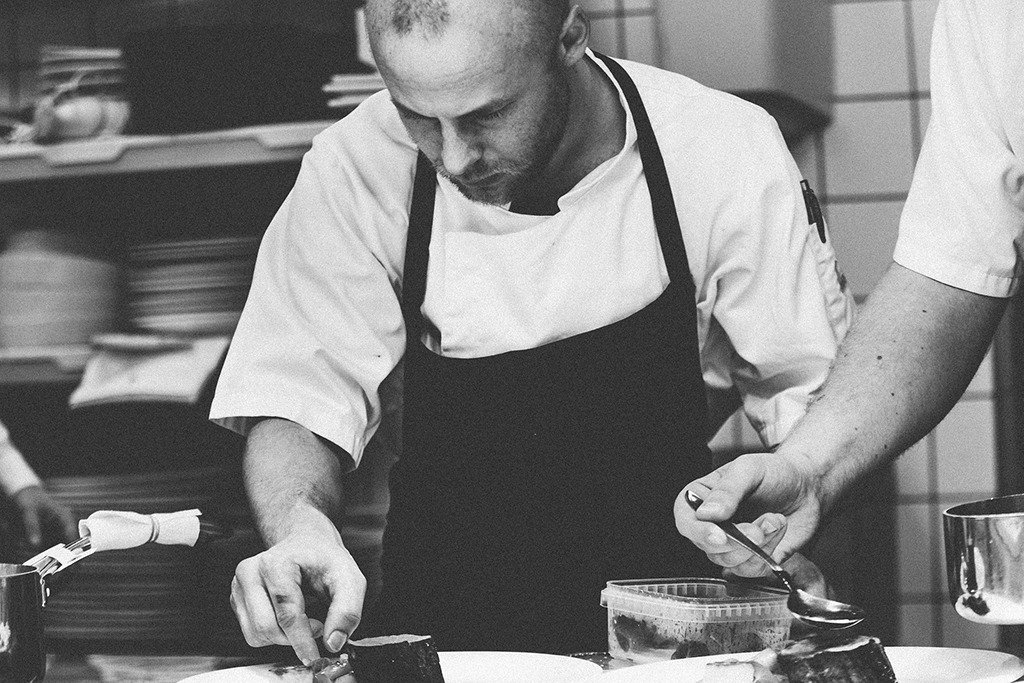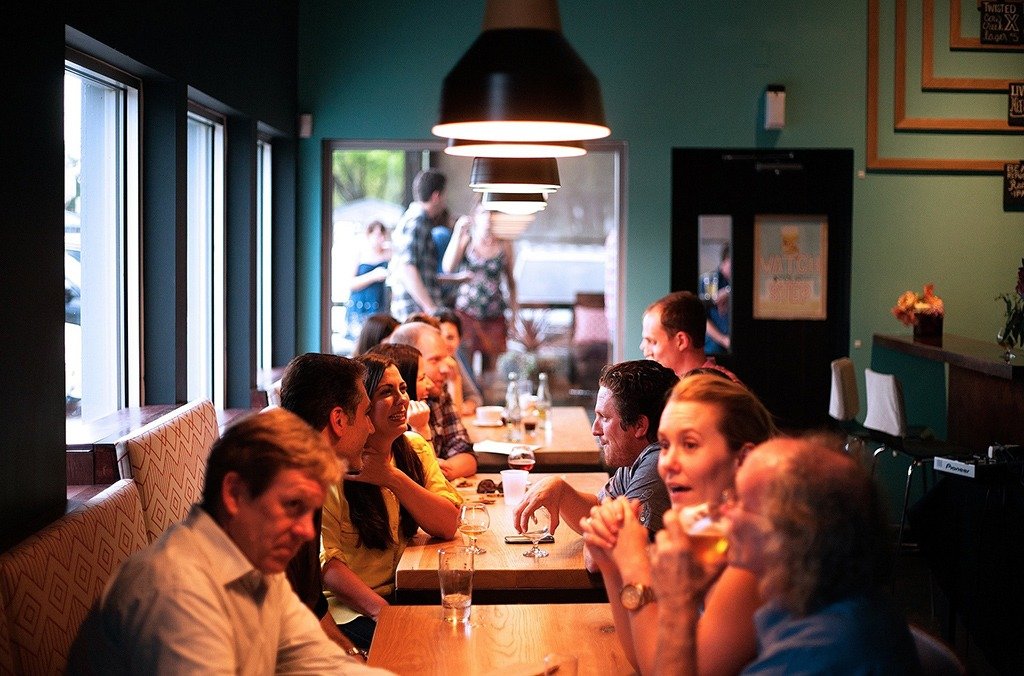About
æStranger officially started in 2018, but has been around in some form for a few years. It is a platform to promote a mission to engage people through adventure and storytelling, to better learn and understand from each other.
For more information please go to our About page.
Copyright 2024 © All Rights Reserved – æStranger

